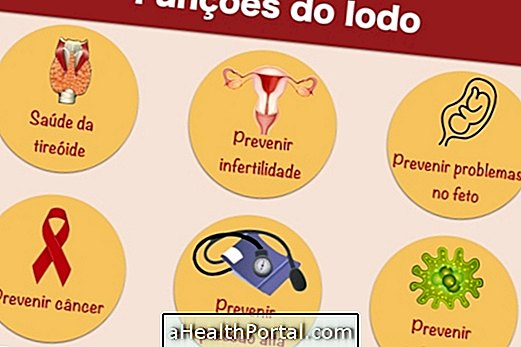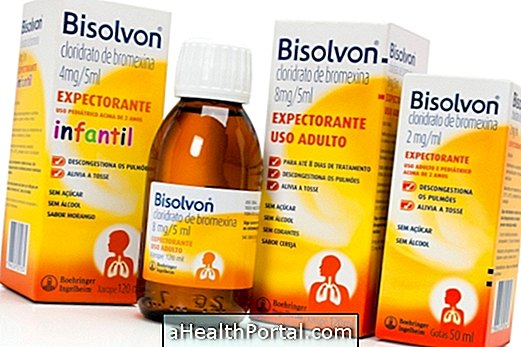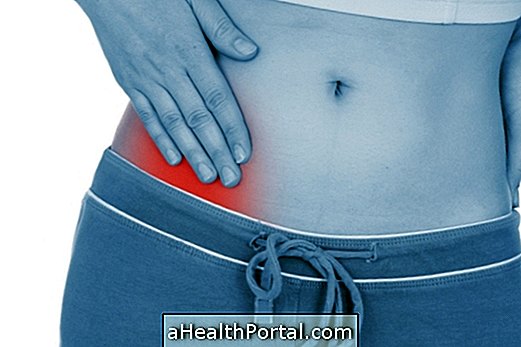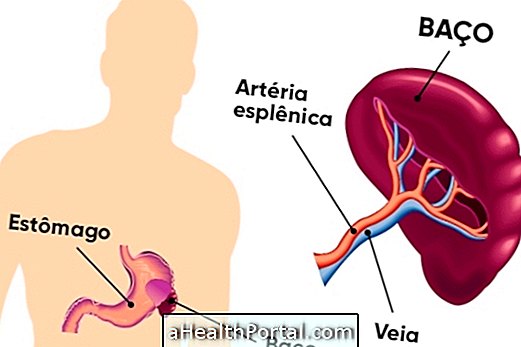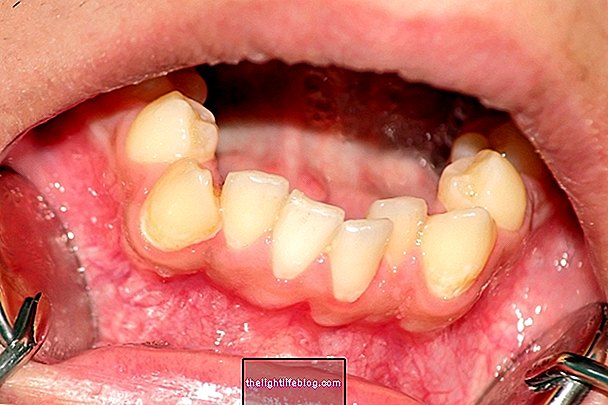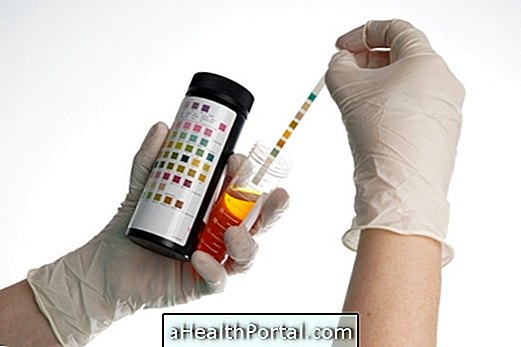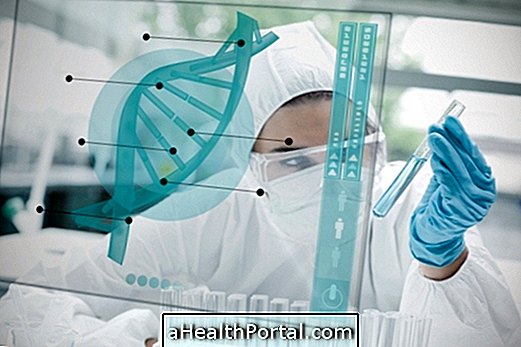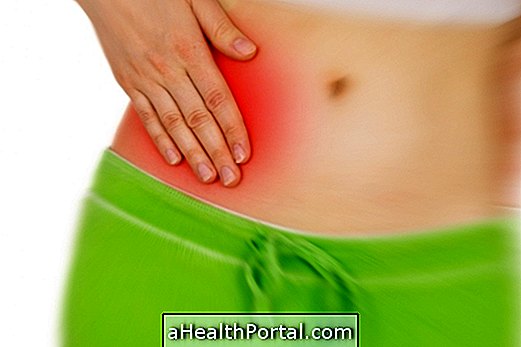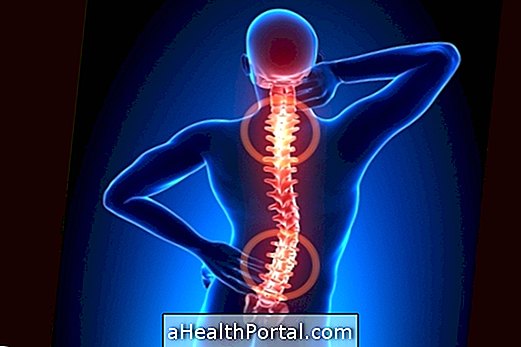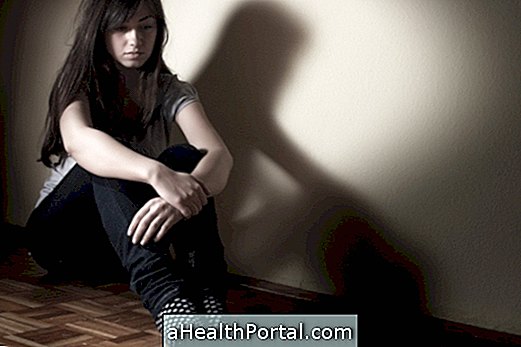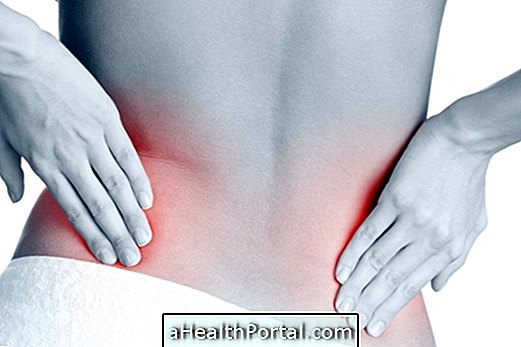Drinking decaffeinated coffee is not bad for those who do not want or can not ingest caffeine as in the case of individuals with gastritis, hypertensive or with insomnia, for example, because decaffeinated coffee has too little caffeine.
Decaffeinated coffee has caffeine, but only 0.1% of the caffeine in normal coffee, which is not enough, nor even to sleep. In addition, since the production of decaffeinated coffee requires a delicate chemical or physical process, it does not remove other compounds that are essential for the taste and aroma of the coffee, and therefore, it has the same flavor of the normal coffee. See also: Decaffeinated has caffeine.
Decaffeinated coffee makes bad for the stomach
Decaffeinated coffee, like regular coffee, increases the acidity in the stomach and facilitates the return of food to the esophagus, so it should be consumed in moderation by people suffering from gastritis, ulcer and gastroesophageal reflux.

Can pregnant women drink decaffeinated coffee?
The consumption of coffee during pregnancy should be done with care and responsibility. Pregnant women can drink plain coffee and decaffeinated coffee because caffeine consumption is not contraindicated in pregnancy. However, it is recommended that pregnant women consume up to 200 mg of caffeine per day, which means 3 to 4 cups of coffee a day.
It is important to follow this recommendation because decaffeinated coffee despite having less than 0.1% caffeine, has other compounds such as benzene, ethyl acetate, chloromethane or liquid carbon dioxide, which in excess can be harmful to health.
See other precautions that should be taken with the consumption of coffee:
- Coffee consumption during pregnancy
- Drinking coffee protects the heart and improves mood






